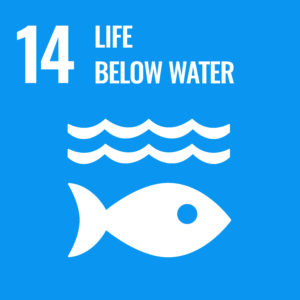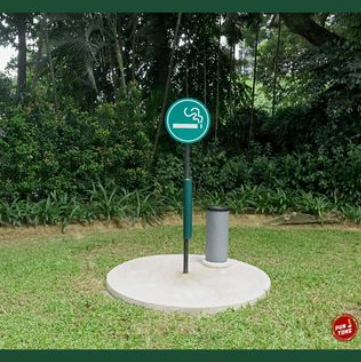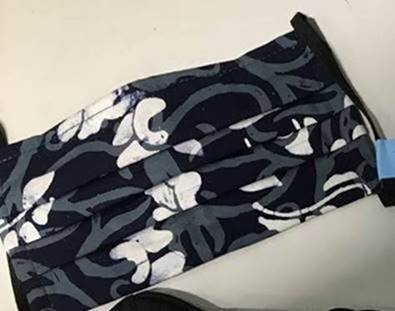Philip Morris Malaysia Addresses Life Below Water
Philip Morris Malaysia Addresses Life Below Water

Sustainability is one of the core focuses at Philip Morris Malaysia (PMM) as we are cognizant of the role we have in improving our world and using product innovation for the benefit of public health. Sustainability efforts at PMM is governed by four key strategic pillars: Innovating for better products, operating with excellence, caring for the people we work with and protecting the environment.
Zooming in on United Nation’s Sustainable Development Goals (SDG) SDG #14: Life Below Water, where the focus is on “conserving and sustainably use the oceans, seas and marine resources for sustainable development,” PMM’s efforts have been greatly focused on reducing cigarette filter litter which contaminates rivers and oceans and is shown to be one of the most polluted materials in ocean clean-ups.
To this end, PMM is piloting a cigarette filter canister initiative, where we will be partnering with Reef Check Malaysia to install close to 200 cigarette bins across the country. In this 9-month pilot project, these cigarette filter canisters will be installed in strategic, high littering locations. Each month, Reef Check and PMM will be collecting the litter from these canisters, mapping out the data collected per location, and then transporting the butts to a secure location that does not impact surrounding environments. We expect this project to make a lasting impact, consider collecting 10kg of cigarette filters from each canister, the amount of cellulose acetate, fine paper and smoke residue averted from harming the environment and water sources will be significant.
Beyond this, PMM is also proud to have provided all our employees with approved and tested reusable masks. Here, we worked with Batik Boutique—who employ urban poor mothers—to design the masks. These masks were then tested by our labs in Switzerland for breathability and safety. Even with a conservative assumption that each PMM employee uses these reusable masks 10 times, we are projected to have prevented close to 5000 disposable masks from being thrown and littered into trash dumpsites, where the degradability of disposable masks will pollute the surrounding soil and water sources. In this initiative alone, PMM is projected to reduce at minimum 298kg of polyethylene from the environment and water.







